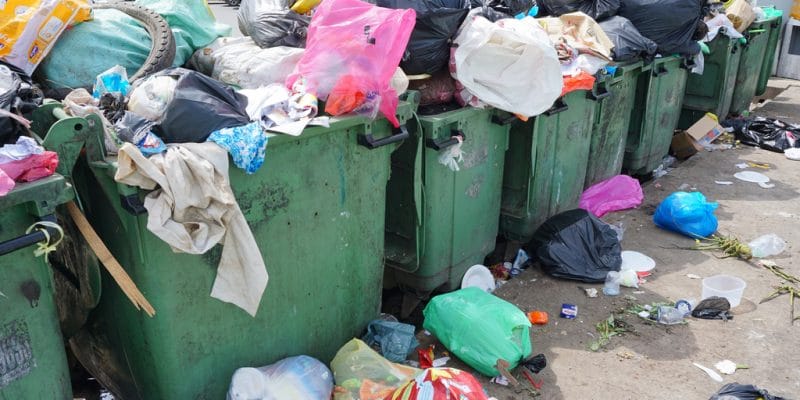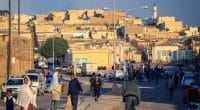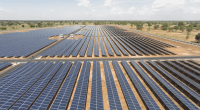In the Gambia, the second largest city in the country, Brikama, is benefiting from a sustainable organic waste management project run by the non-governmental organisation (NGO) Mbolo. The project, which is currently being implemented in the Farato market, aims to improve the collection and sorting of organic waste.
Waste management is one of the main issues of concern in The Gambia. The Farato market in the town of Brikama, 35 km from the capital Banjul, is the scene of a campaign on organic waste management. The initiative, led by the non-governmental organisation (NGO) Mbolo, consists of distributing buckets to shopkeepers to facilitate collection and sorting. This waste will then be used for composting and gardening.
“Organic fertilisers, in addition to providing manure, also reduce pollution. Despite the fact that several interventions and services are underway in the Greater Banjul Metropolitan Area (GBA), waste remains one of the biggest challenges to ensuring a safe environment for more than 1 million inhabitants,” explains Silvia Uopart-Sambou, the project coordinator.
The NGO Mbolo is part of Africa Mbolo, a platform created in 2003 by immigrants from Gambia, Senegal and Catalans (from Barcelona, Spain, editor’s note) who work for sustainable, social and environmental development in the communities. The implementation of the organic waste management campaign in Birkama town is supported by the Kanifing Municipal Council (KMC), Banjul City Council (BCC) and Brikama Area Council (BAC).
Improving waste management in Kanifing District
In 2014, the National Environment Agency (NEA) enacted a Waste Management Act in The Gambia. This aims to provide a legal basis for the implementation of policies and regulations to control waste in the West African country. Since then, projects have been implemented throughout the country with the support of several development partners, including the European Union (EU), which has funded the implementation of the Kanifing Town Environmental Transformation Programme (KETP) in 2021, at a total cost of US$180 million.
Read also-GAMBIA: State to provide Farato town with a medical waste management centre
As part of this programme, KMC has launched the initiative “Building Climate Resilience through Sustainable Biodegradable Waste Management”. Kanifing’s organic waste is used to make biomass briquettes for household use instead of wood for cooking. This process will contribute to the reduction of deforestation as the UN Food and Agriculture Organisation (FAO) reports that The Gambia lost nearly 100,000 hectares of forest between 1998 and 2008.
Benoit-Ivan Wansi






